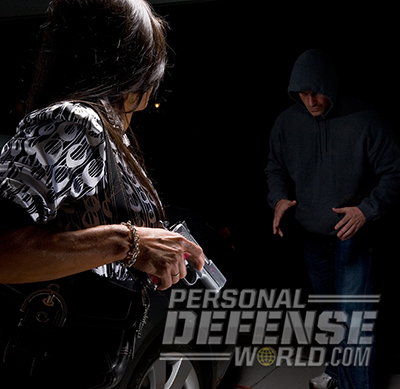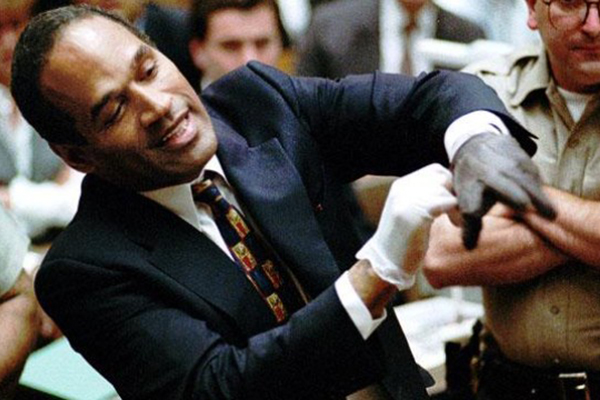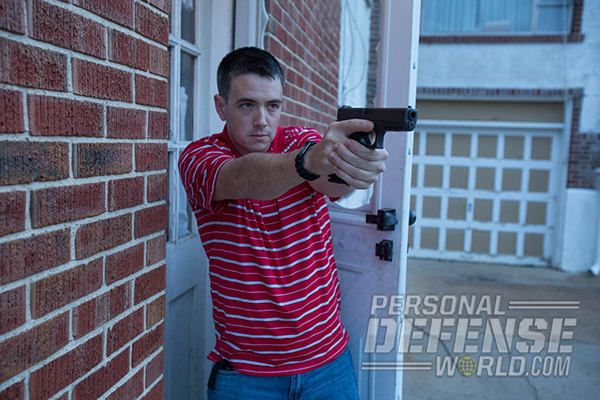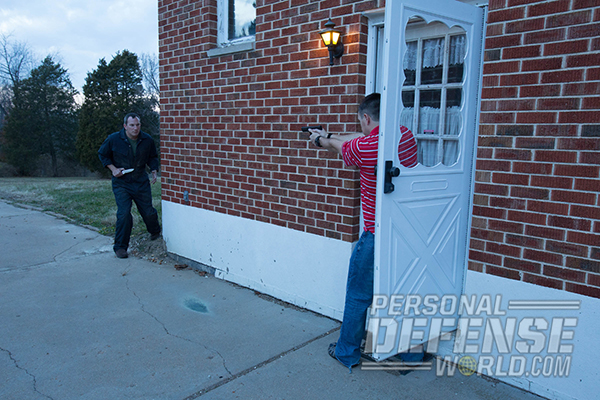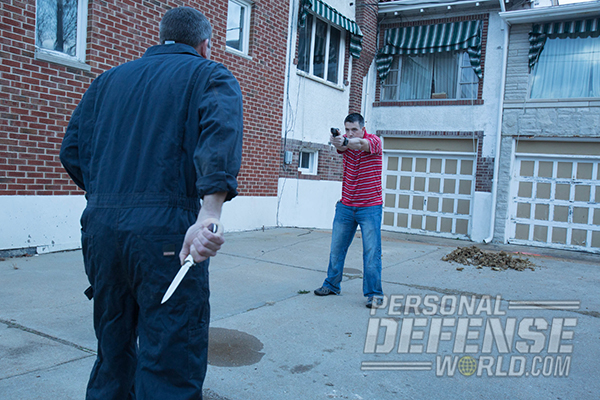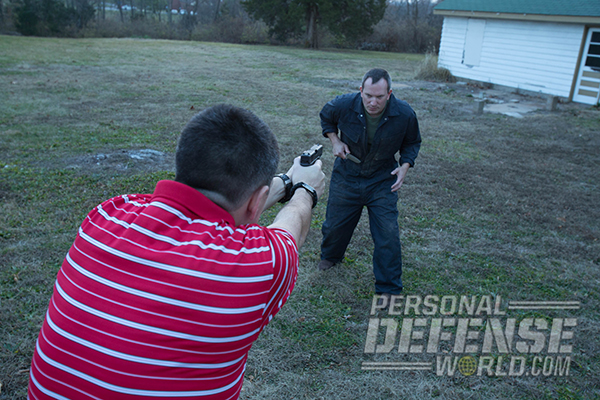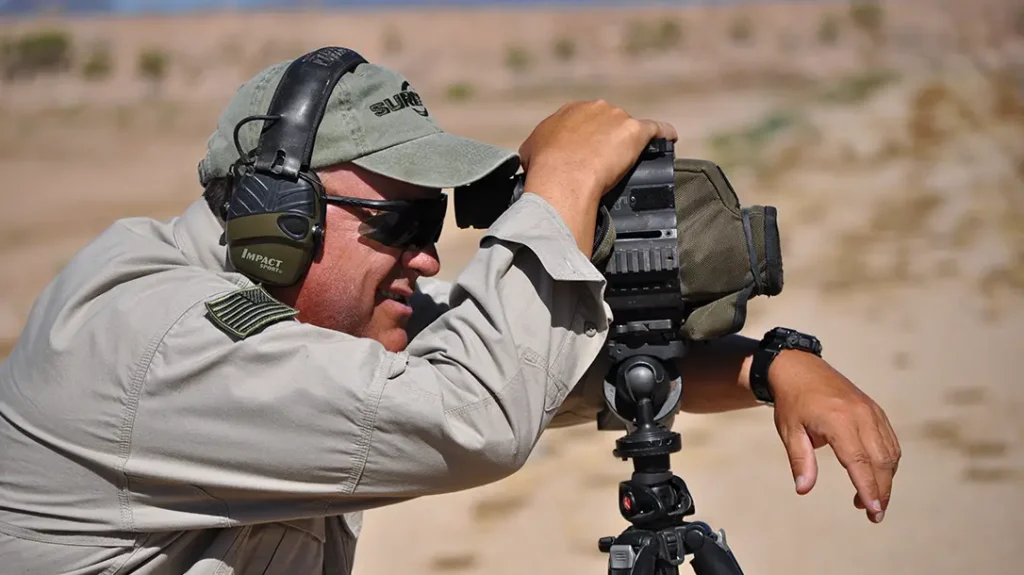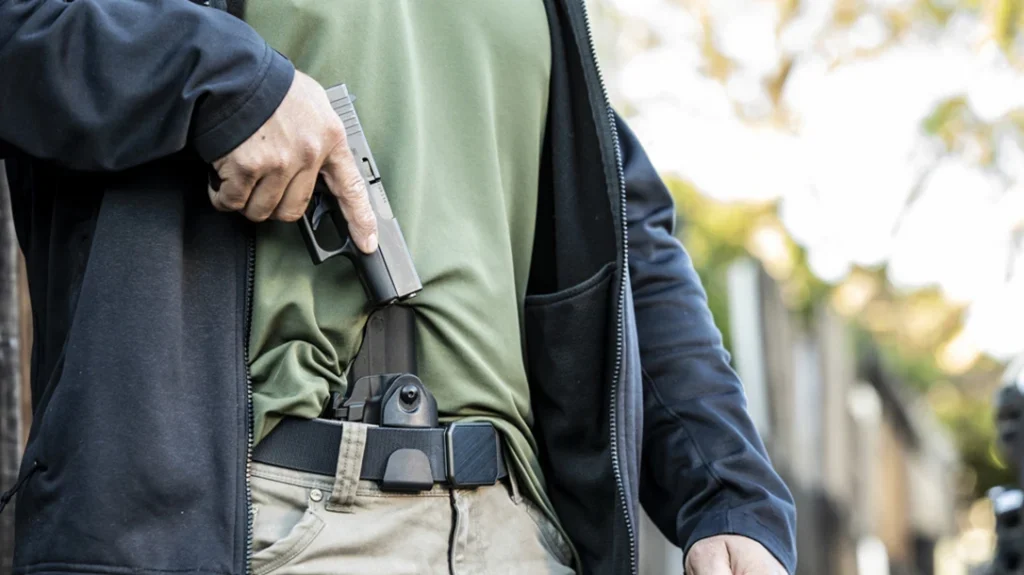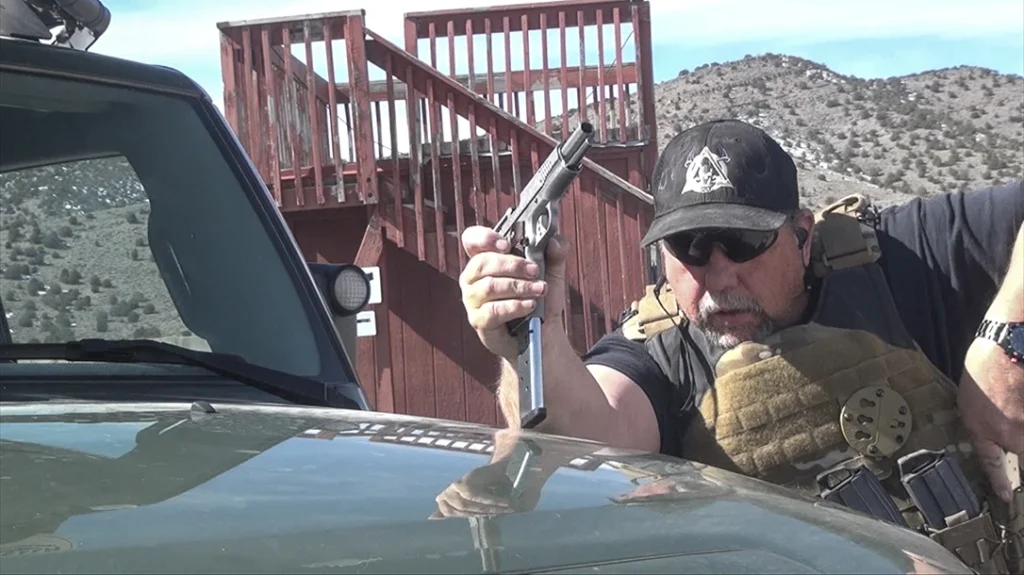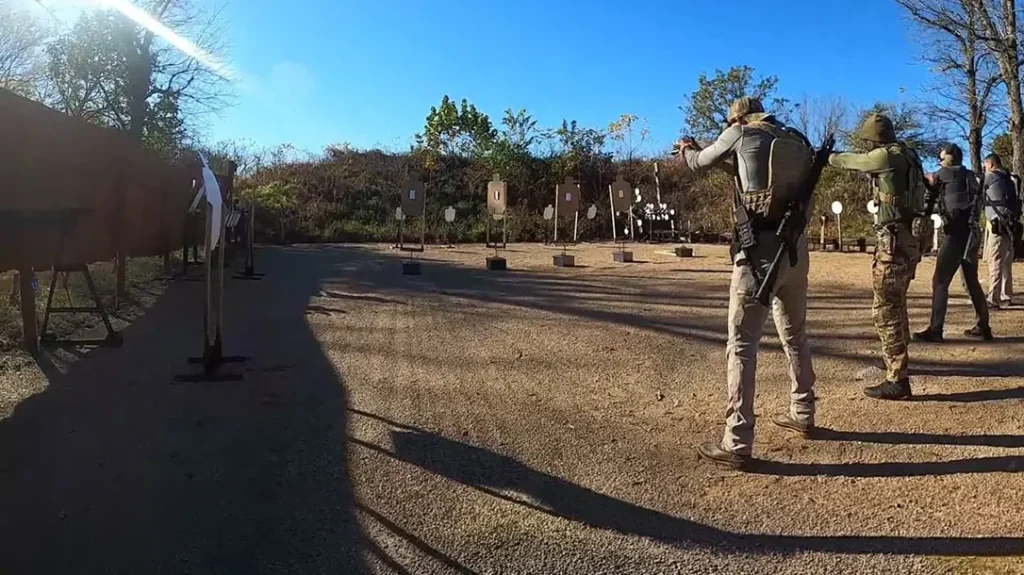Contrary to claims by gun prohibitionists and the anti-self-defense crowd, it is false to say that Stand Your Ground laws allow people to shoot anyone they’re remotely afraid of. It takes a lot more than a claim of self-defense to achieve immunity from criminal prosecution or civil lawsuits arising from such acts. Let’s delve into some of the complicated elements involved.
Actually reading the immunity clauses, one finds that the determination that a shooting was in self-defense protects the shooter from being brought to trial in either criminal or civil court. Remember the old saying, “The devil is in the details”? That’s on point here. The operative term is “determined.”
Advertisement — Continue Reading Below
Case One
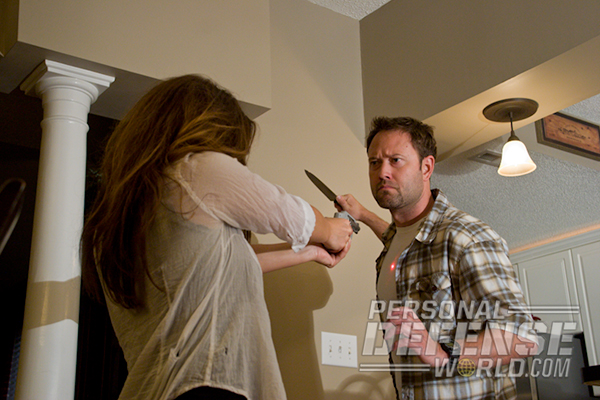
A woman called for her son to help her when she found an intruder on their property. The son grabbed a gun and came to her aid. When the interloper came at them both, he fired to protect his mother. The gun blast killed the suspect.
The event was thoroughly investigated. It was a clear-cut case of self-defense, and the prosecutor’s office assured the family and their attorneys that they had no intent of bringing any charges against the shooter. But, for whatever reason, the prosecutor’s office chose not to issue a memorandum of closure. This is an official determination, in writing, by that office, stating that an investigation has determined the shooting to have been in lawful self-defense.
Advertisement — Continue Reading Below
Since in Florida the Stand Your Ground hearing is reserved for criminal cases and not applicable to civil cases, there was no official determination of self-defense. Without it, there was no bar to a massive lawsuit against the shooter’s family, who owned the property where the obviously justified homicide took place. Last I knew, the case was proceeding, and the shooter and his family were facing huge legal fees to defend themselves in court.
It is important note that not having been charged criminally (or even having been tried and acquitted in criminal court) will not automatically bar a civil lawsuit from arising out of the same incident. The reason is the different standards of proof required in those two separate legal theaters. Charges may be dropped, or a defendant acquitted by judge or jury, because the prosecution could not prove guilt beyond a reasonable doubt. Law professors generally describe “beyond a reasonable doubt” as a certainty high in the 90th percentile. But a civil lawsuit judgment only requires a “preponderance of evidence” standard. Preponderance of evidence is only a greater-than-50-percent certainty of wrongdoing on the part of the defendant. An example I reference in regards to this subject because it is so widely known to the American public is the O.J. Simpson matter.
Advertisement — Continue Reading Below
Case Two
An example I reference in regards to this subject of “beyond a reasonable doubt” versus “preponderance of evidence” because it is so widely known to the American public is the O.J. Simpson matter. At the criminal trial, Simpson was acquitted of a double homicide because the jury was not convinced beyond a reasonable doubt that he was guilty.
Advertisement — Continue Reading Below
Case Three

However, during Simpson’s trial in civil court, Simpson was sued by the victims’ families, resulting in a crushing verdict against him because the second jury was convinced that, more likely than not, Simpson had perpetrated the killings.
Advertisement — Continue Reading Below
Case Four
In several states, good people are seeking reform legislation similar to that in Texas and Florida to protect law-abiding citizens from unmeritorious criminal charges or civil lawsuits after they have been forced to shoot violent criminals in self-defense. Such laws have done a great deal of good already. However, if you have to use deadly force to save your life tomorrow, and such a law passes in your state the day after tomorrow, understand that you may not have retroactive protection.
Advertisement — Continue Reading Below
A few years ago, I flew to Texas twice to speak for a rancher who had killed a burglar. This gentleman came home to find that his house had been broken into. The burglar, leaving the house with a bag of stolen goods that included loaded guns, ran to his car. He gunned the vehicle toward the homeowner, his foreman and the foreman’s son while simultaneously reaching toward the stolen guns in the front seat. The homeowner fired a single shot, which killed the criminal and very likely saved his own life and those of the two other people he was protecting.
On my first trip there I spoke in Case Four, during the grand jury proceeding. The grand jury understood this argument and returned “no true bill,” effectively ruling that no crime had been committed by the homeowner.
Case Five
However, I had to come back later to speak for him again at trial when he was sued by the family of the deceased in what was essentially Case Five. Why? Because even though Texas had passed legislation that provided immunity to lawsuits arising from the use of force in self-defense, the law had gone into effect shortly after this shooting and was therefore held to not apply. He went on to win in civil court, too. But, by the time it was all over, he said he had incurred six figures worth of legal fees and related costs.
Final Thoughts
This writer is a strong supporter of Castle Doctrine and Stand Your Ground laws. At the same time, decades of working in the criminal and civil justice systems have shown me that simplistic interpretations of inherently complicated things rarely lead to good outcomes. If you’ve been counting on these laws, read and study them in detail. The better you understand them and act within their parameters, the more likely they’ll be of help to you if the terrible day ever comes when you actually need them.
Try to remember that “devil in the details” saying. The better you know the law and act within it, the more likely you’ll be to instead quote the great architect Ludwig Mies van der Rohe, who said, “God is in the details.”
Read more about this topic in our article Self-Defense and the Law: Should You Engage or Stand Down?
